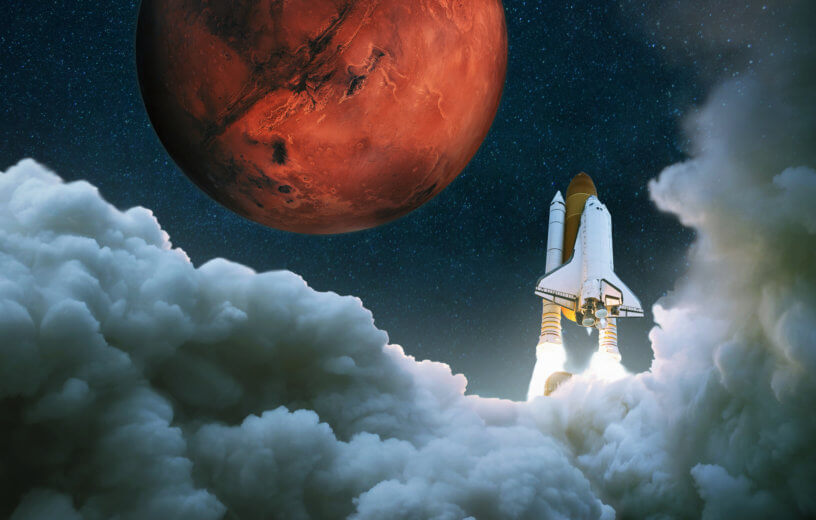LOS ANGELES, Calif. — As we prepare for long-term space travel or even life on other planets, one of the biggest challenges is how to eat in space. On Earth, plants benefit from nitrogen-fixing bacteria that live in the soil. Now, a recent discovery on the International Space Station (ISS) suggests nitrogen-fixing bacteria could help plants in space, too.
A microbial test bed
It’s no accident that scientists discovered plant-supporting microbes on the ISS. The U.S. National Research Council Decadal Survey has recommended that the station act as a test bed for surveying space microorganisms. For six years, teams have sampled eight different locations on the ISS for bacterial growth.
Scientists analyzed samples collected during two different trips into Earth orbit. They found the same four bacterial species from multiple ISS locations. One species, Methylorubrum rhodesianum, had been identified before. However, the other three are new. They are still unnamed, but are closely related to a species called Methylobacterium indicum.
All Methylobacterium species have the potential to support plant growth. Moreover, these nitrogen-providing strains could help plants resist stress and fight off disease. NASA Jet Propulsion Laboratory scientists Dr. Kasthuri Venkateswaran (Venkat) and Dr. Nitin Kumar Singh say this creates an excellent combination.
“To grow plants in extreme places where resources are minimal, isolation of novel microbes that help to promote plant growth under stressful conditions is essential,” the team explains in a media release.
Expanding the role of the ISS
Researchers from USC, Cornell University, and the University of Hyderabad in India are careful to point out that they need to carry out more experiments to prove whether these bacteria actually are good for plants. It’s a promising discovery, but a lot of work is still ahead of them. One thing that will help is analyzing samples on the ISS rather than waiting for them to be sent back to Earth.
“Instead of bringing samples back to Earth for analyses, we need an integrated microbial monitoring system that collect, process, and analyze samples in space using molecular technologies,” Venkat and Singh conclude. “This miniaturized ‘omics in space’ technology — a biosensor development — will help NASA and other space-faring nations achieve safe and sustainable space exploration for long periods of time.”
The team published their findings in the journal Frontiers in Microbiology.
